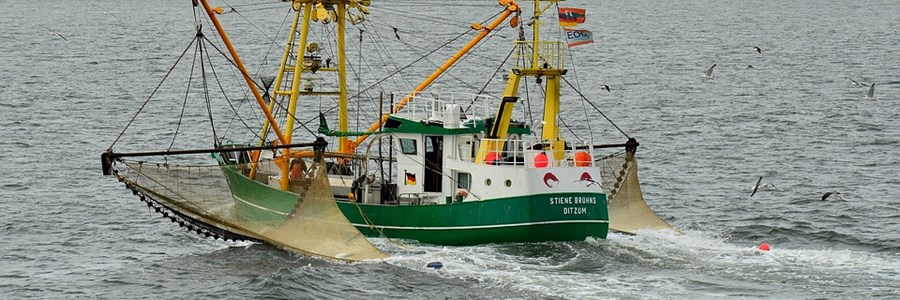No western herring quota for Baltic fishermen

The International Council for the Exploration of the Sea (ICES) has recently provided its advice to the European Commission (EC) to set the fishing opportunities in the Baltic Sea for 2019. Despite fishermen’s full compliance with the quotas proposed, a growing stock biomass and fishing pressure in line with scientific advice, news are not good for certain stocks such as herring. Particularly, in the western Baltic, Skagerrak and Kattegat areas, ICES is recommending a zero catch in 2019. Europêche calls on the EC to take into consideration not only the good progress of the stock during the last few years but also the massive socio-economic impact for the small-scale fishermen depending on this stock.
The Western Baltic spring spawning stock is found in the Skagerrak and Kattegat around Denmark and beneath Norway. The European Union and Norway have jointly managed this shared stock since 2014. The herring fishery consists of many small-scale pelagic trawlers and it has one of lowest levels of by-catch recorded, being less than 1%.
Since 2011, science shows a continuously growing biomass accounting for an overall increase of about 41%. However, the scientific body ICES, decided to revise last year the indicators of what they consider sustainable levels of biomass (increased from 110.000 tonnes to 150.000 tonnes). Therefore, what once was considered a healthy stock now is considered in bad shape, leading to a clear reduction of catches or, in this case, the closure of the fishery. Europêche fails to understand which scientific grounds were used to take this extreme decision.
The multiannual management plan (MAP) for the stocks of cod, herring and sprat in the Baltic Sea adopted in 2016 was supposed to ensure the long-term sustainable management of these species. Europêche argues that despite the scrupulous compliance of our fishermen with the MAP harvesting the western herring stock at sustainable levels, science inexplicably recommends the closure of the fishery.
Peter Breckling, Deutscher Fischerei Verband (DFV), declared: “Closing a fishery is simply incorrect management when the stock and the abundance of a target species have been growing for years. Moreover, the scientific performance is not convincing when the target values are from one year to another increasing by more than 30%. We therefore call on the Council of the EU to stick to the Baltic Sea plan and accordingly limit the quota reduction to 22%.”
ENDS
Europêche represents the fisheries sector in Europe. Currently, the Association comprises 10 national organisations of fishing enterprises from the following 8 EU Member States: DE, ES, FR, IT, MT, NL, LV, PL.
Press contacts: Daniel Voces, Managing Director of Europêche: +32.2.230.48.48 daniel.voces@europeche.org
Sources: Europeche
Attachments:
Tags: herring, Western Baltic, ICES, map, msc, european commission, TAC